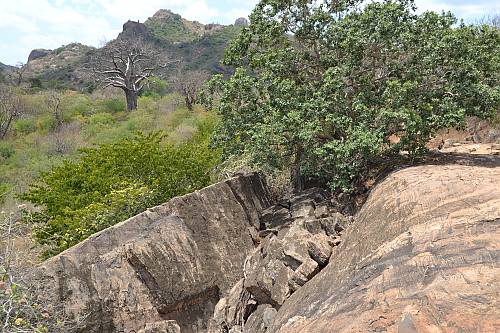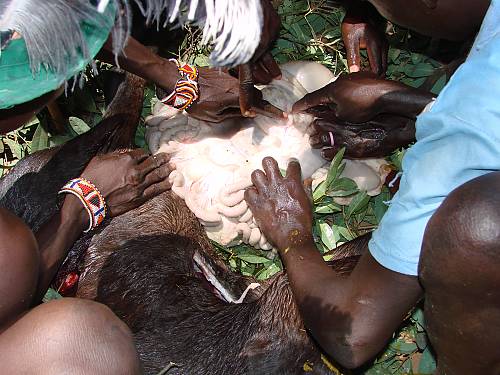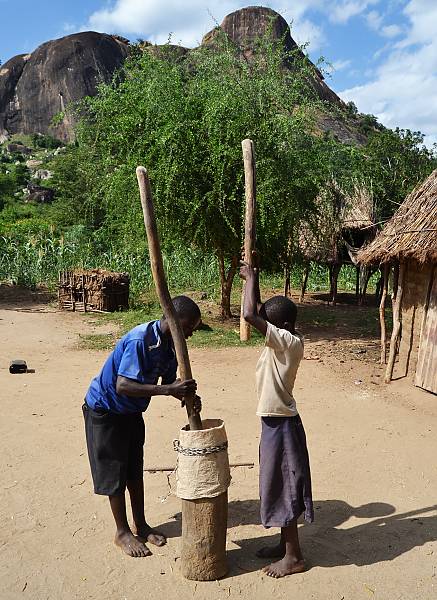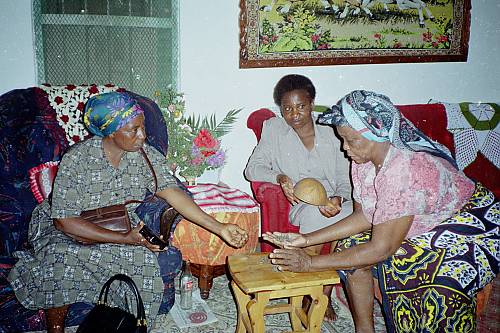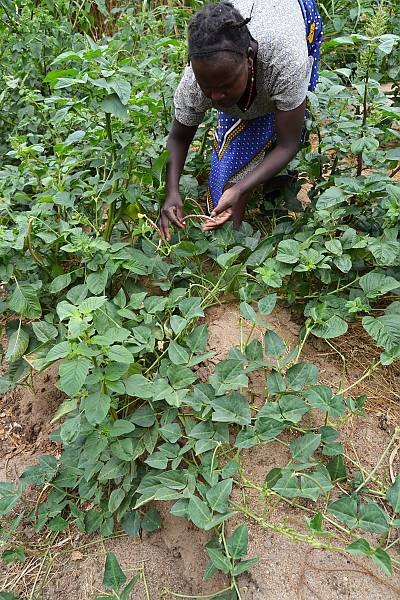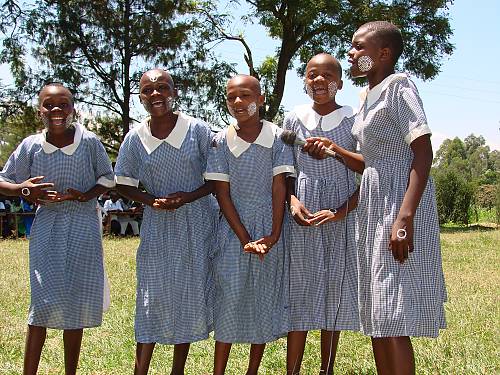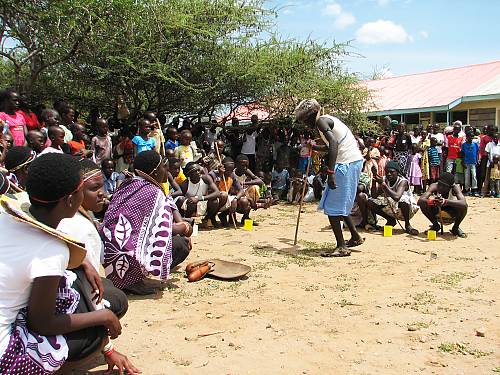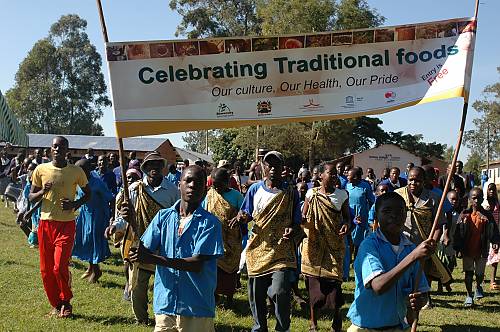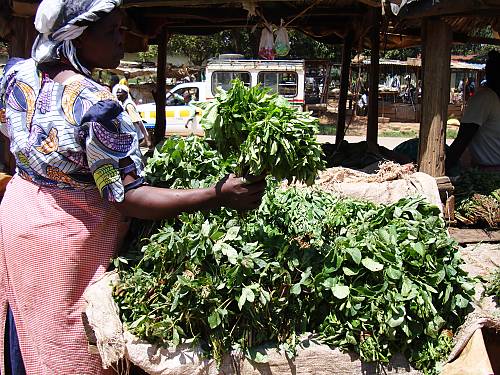Success story of promoting traditional foods and safeguarding traditional foodways in Kenya
Selected in 2021 on the Register of Good Safeguarding Practices

In Kenya, traditional foodways were under threat due to historical factors and the pressure of modern lifestyles. Local foods were looked down upon and were associated with poverty and backwardness. Understanding that a decline in food diversity and knowledge would have serious ramifications on health and on food and nutrition insecurity, in 2007 Kenya committed to safeguarding related practices and expressions. Two main initiatives were launched, in collaboration with scientists and community groups. The first involved inventorying traditional foods, with a focus on traditional vegetables. About 850 indigenous plants with local names were recorded. This was followed by the detailed documentation of use and related indigenous knowledge (including recipes) and practices (such as ceremonies). Finally came rigorous promotion of the foods. For the second initiative, UNESCO in partnership with the Department of Culture and the International and National Museums of Kenya, and in consultation with community leaders, initiated a pilot project to identify and inventory traditional foodways in partnership with primary school children to raise awareness about the threat to traditional foodways. Both initiatives have since led to other related activities carried out independently by local institutions, and several similar initiatives have been launched among other communities in Kenya, Ethiopia and Burkina Faso.
